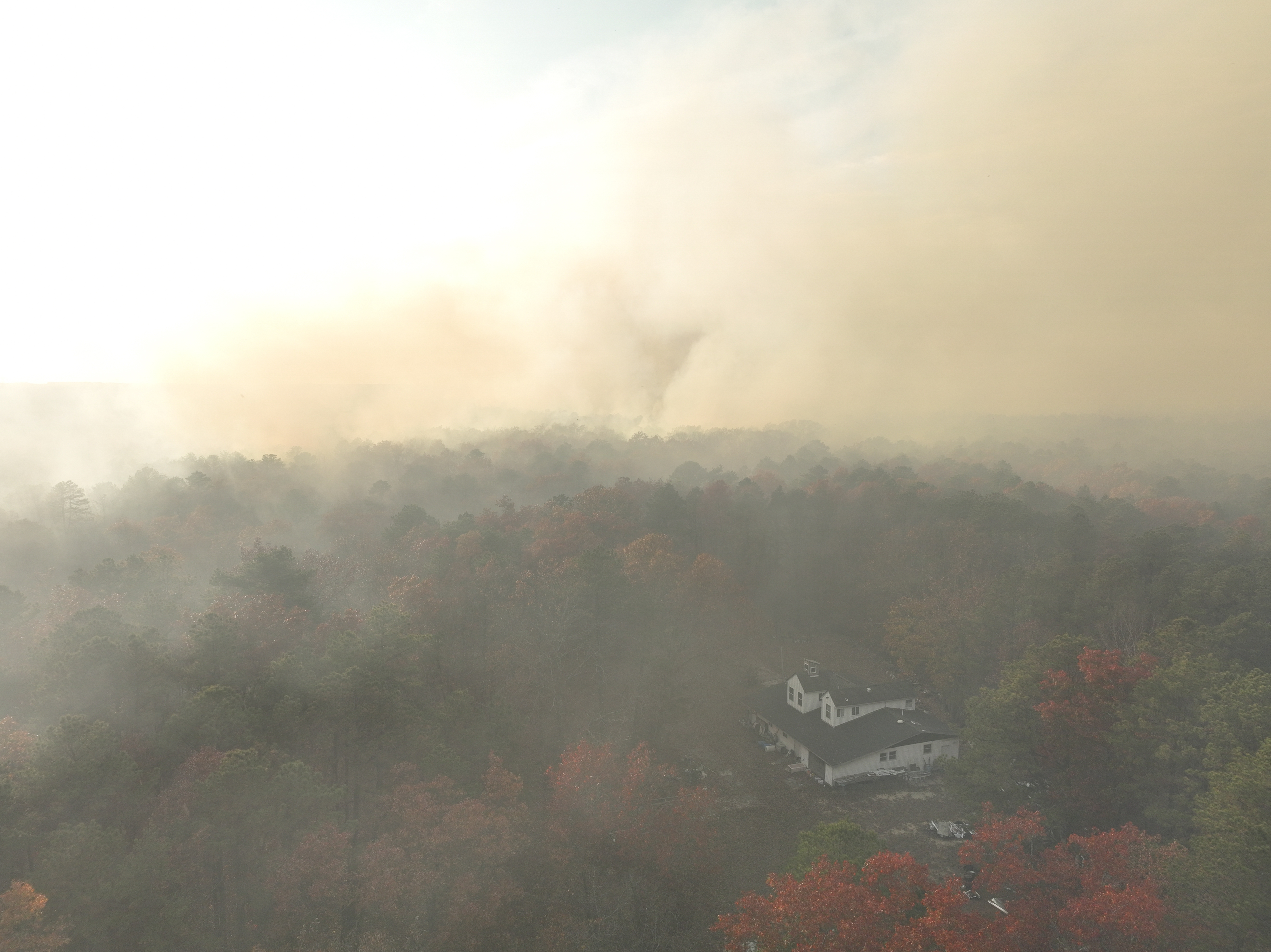What to Know
- New Jersey's first cases of West Nile virus this year were confirmed, the state's Department of Health announced Thursday.
- Two New Jerseyans, one over the age of 70 and a minor, tested positive for the virus in Union and Middlesex counties, the state's health officials said. The two were hospitalized and have since been discharged.
- For most, the virus causes asymptomatic infection or a mild to moderate illness, typically with a fever. Those age 50 and with a weakened immune systems are at greater risk of developing severe illness. Symptoms may include a severe headache, high fever, neck stiffness, stupor, disorientation, coma, tremors, convulsions, muscle weakness and paralysis. The virus can be fatal in severe cases.
New Jersey's first cases of West Nile virus this year were confirmed, the state's Department of Health announced Thursday.
Two New Jerseyans, one over the age of 70 and a minor, tested positive for the virus in Union and Middlesex counties, the state's health officials said. The two were hospitalized and have since been discharged.
Symptoms for both were reported the first week of July -- earlier than what is seen in the state, with most cases occurring between mid-August and mid-September. Yearly, there are roughly 13 human West Nile Virus infections reported. Although last year, New Jersey say 14 cases.
“This year, New Jersey is seeing higher than average West Nile virus activity earlier than expected. As mosquito season can last into October, bite prevention will be essential in protecting yourself and your family against mosquito-borne diseases like West Nile virus in the remaining summer months and into the fall,” New Jersey Health Commissioner Dr. Kaitlan Baston said. “This means avoiding mosquito bites through tried-and-true methods, like using insect repellants, wearing long sleeves and pants, and limiting outdoor activity during peak times for mosquito activity.”
For most, the virus causes asymptomatic infection or a mild to moderate illness, typically with a fever. Those age 50 and with a weakened immune systems are at greater risk of developing severe illness. Symptoms in severe cases may include a severe headache, high fever, neck stiffness, stupor, disorientation, coma, tremors, convulsions, muscle weakness and paralysis. The virus can be fatal in severe cases.
Get Tri-state area news delivered to your inbox. Sign up for NBC New York's News Headlines newsletter.
Health officials note that early symptoms of the West Nile Virus may resemble those of COVID-19 and other viral illnesses.
According to NJDOH, residents should follow these guidelines to prevent mosquito-borne illnesses:
- Wear EPA-registered insect repellant.
- Avoid the outdoors during dawn and dusk when mosquitoes are most active.
- Wear long sleeves and long pants; cover exposed skin.
- Cover cribs, strollers, and baby carriers with mosquito netting.
- Repair holes in screens to keep mosquitoes outside and use air conditioning when possible or ensure you have well-fitted screens.
This year, the detection of the West Nile Virus in mosquitoes has also been considerably earlier than expected. Aside from the virus having been detected in mosquitos earlier than expected, it has already been detected in 286 mosquito pools -- a higher detection average normally seen during this time of year. Additionally, to date, the virus was found in all New Jersey counties except Cumberland, with highest detections in the northeastern part of the state, specifically in Middlesex, Hudson, Bergen, and Union counties.
News
“After a very wet early summer, it is more important than ever that everyone do their part to safeguard public health by removing standing water from their properties and covering empty outdoor containers that can quickly become mosquito breeding grounds,” New Jersey Environmental Protection Commissioner Shawn LaTourette said. “Even small amounts of rain can produce significant numbers of container-inhabiting mosquitoes known to spread West Nile virus.”
Aside from human, the West Nile Virus can also cause illnesses on certain animals, including horses and some birds.



